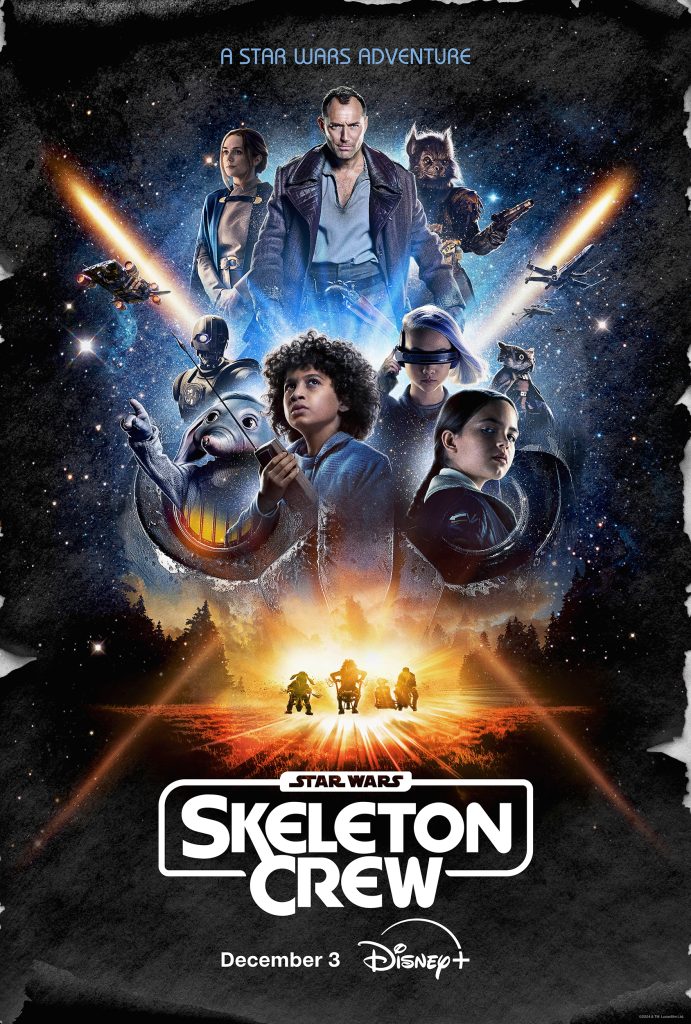In teaching this semesters course "Youth, Culture and Mission" we've just done a series of weeks around the contextual and cultural issues for ministry with young people in terms of: evangelism; mission; faith shaping; and rites of passage. This week it's preaching and teaching! I'm still pondering the really practical implications more broadly and also specifically in the 'rites of passage' area...
"One of the recurring themes in postmodern youth ministry circles is the lack of strategic points at which young people are recognized as becoming more than children. The church can be a place of recognition and communal rites of passage for youth."
Markers are external signs of our progress along, in Kierkegaard’s lovely phrase, ‘the stages of life’s way’
David Elkind
This topic is about the way we might help or hinder young people [adolescents] make the transition to adulthood and in the case of the Christian faith this might include the transition to mature Christian faith.
Issues:
Changes in the child to adult transition
The relatively new concept [100+ years] of youth
‘stretched’ adolescence with part time work, study, living at home, late marriage, 50/50 church v civil ceremony and those simply 'moving in' together
Belonging, Meaning and Identity, Faith Shaping but also ‘recognition’
How do we ‘pass on’ the faith in this context?
Post modern interruptions… is ‘confirmation’ a graduation ceremony?
Spiritual and faith practices to aid the transition [portable faith]
What significant points can/should we mark and celebrate?
Membership and Leadership in a post modern context
1.5 and 2nd gen issues
In terms of ‘mission’, how/what will be meaningful entry points for connecting with young people in your community… what rights of passage could/should the church offer?
Issues around new understandings about sexuality
Divorce Single Parent Families
Refugees
Death
Year 12
Individualism/consumerism
Media
Appropriate discipleship
How do we encourage creativity and imagination?
Can adults value children and young people offering then space, permission and vailidity?
Move from propositional faith to imagination
What are the commonly accepted ‘rites of passage’ in your church? In your family? In the youth sub-culture of the young people you work closely with?
Do you agree with Elkind that there is a lack of markers in our society?
Why? Why not?
If you were to construct a ‘rite of passage’ for the young people you work with, what would the purpose of it be? Who would you involve? What would you do?
"It is no longer possible to effectively present the Gospel in the way it was successfully preached in the first part of the 20th century. Understanding the postmodern worldview is not a luxury for a sociologists. It must be an essential insight for all Christians.”
From Rick Warren at http://www.internetevangelismday.com/
Post-modern evangelistic methods versus modern methods
Multiple encounters — less single encounters
Listener-centered — less witness-centered
Dialogue — less monologue or ‘telling’
Gospel story — less Gospel presentation
Story then proposition — not proposition then story
Asking good questions — not giving lots of information
Community integration — not individual isolation
Soft — not loud
Consideration — not argument
Guided tours — not ticket sales
More supernatural — less supersales (natural)
More earthly benefits — less eternal benefits
More relational validation — less evidence validation
More percent of time seed planting – less percent of time harvesting
Sharing Christ can be fruitful and rewarding, yet it will be ever adapting to the changing culture. After conducting hundreds of interviews with lost people, it was easy to determine that the cries of the confused are many and varied. The lost people reflect many of the concerns and views of those around them. However, there is a common cry of the confused. It is found in the title of a Styx song, "Show Me the Way."
STUFF to be sharpened before my next post on this:
In addition to the general Warren list...
Faithmaps [www.faithmaps.org] mapping known reference points, not every answer
Story and it's importance
Enquiry not information
Relationship relationship relationship
Experiences
Affinity and Mission [Oestericher]
Described by Mark Oestricher in "Youth Ministry 3.0" as the 2 focuses of the pomo era [I tend to agree, especially on the praxis value of engaging in 'mission'
People not programs
Celebrations, liturgy, events, community engagement/partnerships cf 'church versions of same'
Naivety
Respondi and remembering to help young people engage in stories for the first time
catering directly to peoples issues, ages and stages in life
Intergenerational activity and relationships
Discipleship material across the age ranges recognising pilgrimage or journey
Transition focused resources like "P1" for Yr 6 to 7 transition
Camps, retreats, celebrations [not books for attendance/membership]
Youth Ministry 3.0 Mark Oestricher from www.beliefnet.com
The reviwer says....
"We need to develop an ongoing conversation about youth ministry.
Marko's book provides for us a virtual history of youth ministry in the last 50+ years and does so clearly and simply. [in the US]
We need this book."
As you read this post, think about whether or not you agree with his 3-fold scheme.
Maybe you don't agree with it all, but in general. What do you think of his 3.0 proposals?
Here are the characteristics of Youth Ministry 1.0 according to Marko's new book,
"Youth Ministry 3.0: A Manifesto of Where We've Been, Where We Are & Where We Need to Go":
The 50s gave rise to a youth culture and this led to ministries like Youth for Christ and Young Life.The major emphases were on two things:
Evangelism
Correction
Youth ministry 1.0 was proclamation-driven.
It was fixated on identity formation and a theme verse would have been Matthew 7:13-14: "Enter through the narrow gate ...".
Youth Ministry 2.0 focused on autonomy (youth culture had confidence now) and discipleship programs and creating a positive peer group. 2.0 was not so much proclamation as program-driven.
A theme verse was Matthew 28:19-20a: make disciples and teach them.
Youth Ministry 3.0, call it a "third way," realizes it cannot meet this generation's needs with a 2.0 set of assumptions and methods. Youth culture has become the dominant culture in our world. And it is powerfully fragmented. It gives rise to the need for affinity groups. He says we need cultural anthropologists with relational passion. The themes are
Communion or affinity
Mission
Big idea for Marko: if 1.0 was proclamation-driven and 2.0 was program-driven, 3.0 needs to be not-driven. It wants to be Present. Marko thinks some prototypical Bible verses will be Acts 2:42-46
More to come...
Sunday, November 08, 2009
Subscribe to:
Post Comments (Atom)







1 comment:
The standout rite of passage for the young people around me (regional city in NSW) is turning 18 and being allowed to drink alcohol legally. Eighteenth birthday parties are bigger and more ostentatious than others and the expectation is that alcohol will be served - not a particularly good thing given that many people who are sitting for the HSC are invited to an endless round of 18ths in the run-up to it.
You celebrate your 18th by going to the pub with whichever of your friends are already 18. The expectation is that you will get trashed and it requires quite significant self confidence to resist this pressure.
OTOH, there is a growing awareness of the problems that excess alcohol consumption can cause, coupled with the fact that P plate drivers must not have a blood alcohol higher than zero that means that there are qutie a few young people who dont want to be part of the excess alcohol consumption culture. A rite of passage that dealt creatively with this would be a good idea, but I have nothing in particular to offer just at the moment.
Post a Comment